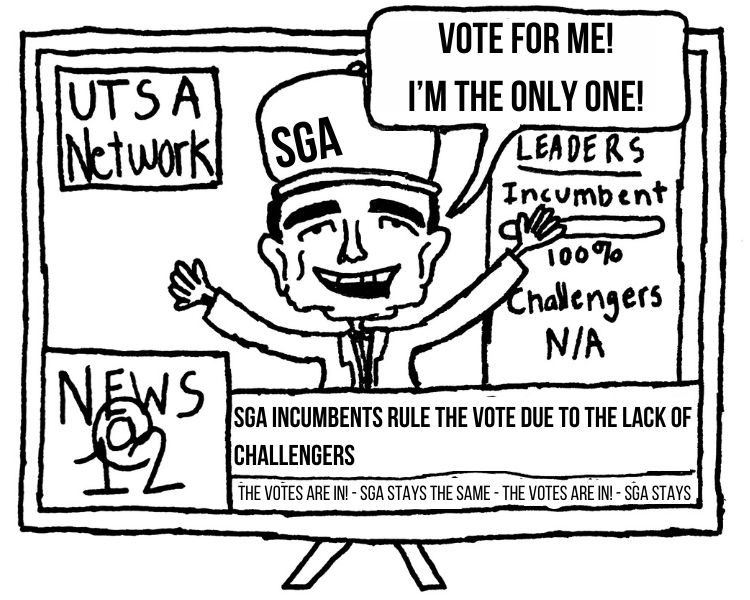

J. Corey Franco/ The Paisano
Last week, Taco Haven, a local Mexican food restaurant, reignited the heated debate that surrounded the recent expansion of San Antonio’s non-discrimination ordinance (NDO).
The renewed debate started after a review about the establishment on Yelp went viral. The post by Michael Cepek recounted his visit to the restaurant on Nov. 8 in which he encountered petitioners stationed in front seeking signatures calling for the recall of Mayor Julián Castro and District 1 Councilman Diego Bernal.
The Petitioners asserted to Cepek that they were invited to bring their petitions to the restaurant to promote their cause.
The Torres family, owners of Taco Haven, quickly maintained that this entire ordeal was an unfortunate misunderstanding.
According to Texas Public Radio, Allen Parker, an attorney for the family stated, “Just because you allow people to exercise their civil rights does not mean you’re a hater. In fact, we need to allow each other to agree to disagree on these important issues and allow civil discourse to occur.”
Mayor Castro and Councilman Bernal have been targeted for removal by anti-LGBTQ activists for their efforts in extending the protection of NDO to members of the LGBTQ community as a protected class in the city.
Beyond the online uproar, the event also led to protesters deciding to set up outside the restaurant to voice their disapproval with Taco Haven’s apparent stance on this hot button issue.
This controversy ignited by the decision of the establishments owners evokes the similar controversy that surrounded Chick-fil-A after their president, Dan Cathy, said in an interview with the Baptist Press that the company was “guilty as charged” when it came to endorsing the biblical view of traditional marriage.
Events such as this often result in heated debates, protests and even boycotts of the respective institutions’ services.
The decision of business owners to inject themselves into such divisive political issues marks an unfortunate trend that imposes an unwarranted impact on employees that simply get caught in the crossfire.
The Torres family and Dan Cathy would do well to remember that using their businesses as a vehicle with which to broadcast their ideological views effectively strong-arms their personal dogmas onto wait staff and cashiers that are simply trying to make a living wage. These lower-rung wage earners often become targets for the overzealous activist.
A video on YouTube accounts this sort of misplaced dialogue. In the video, a drive thru customer at Chick-fil-A harasses the cashier because of her company’s choice to endorse the biblical view regarding traditional marriage. Protesters and activists seeking to voice opposition to these organizational decisions should remain acutely aware that these views are impositions that do not necessarily reflect the server refilling your tea.
By extension, the decision to boycott these companies imposes a direct negative impact on front line earners that depend on tips and regular wage increases to support themselves and, in many instances, their families.
Additionally, making the decision to boycott an organization that chooses to promote any given ideological stance pushes a method of protest that simply seeks to silence its detractors rather than engage the discussion in a rational and productive manner that will quell ignorance with reason rather than anger.
It is important for Americans to actively engage in the “civil discourse” surrounding issues that are controversial. However business owners should remember to take into account the fact that the decisions they make affect not just themselves, but an entire corporation. The impact of these decisions invariably hurts those that are in the most need of the company’s support. Instead of pushing for the advancement of these divisive ideals, perhaps these business owners should concern themselves with the advancement of a more efficient and productive work environment for the employees that depend on an inclusive rather than exclusive patronage.

















